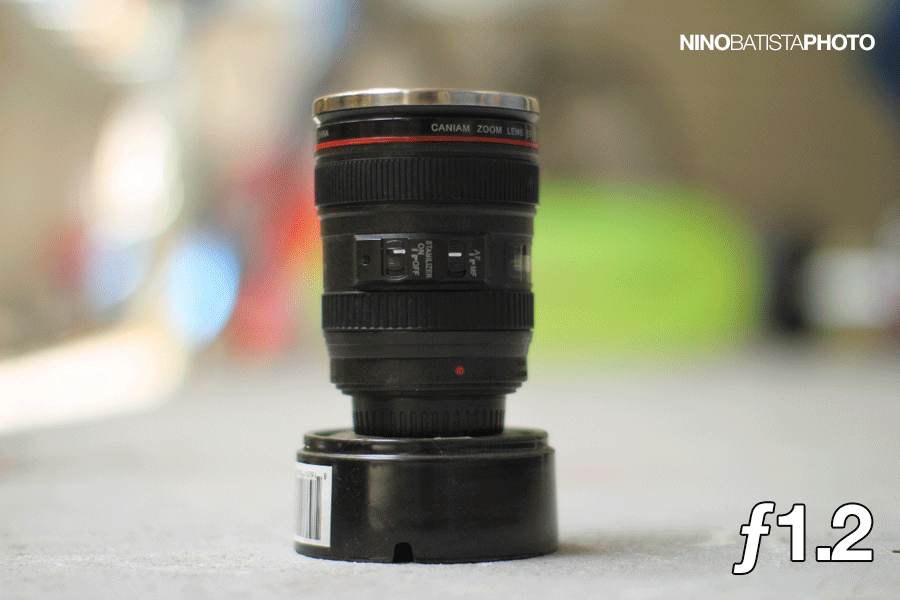This is a struggle. If I share my understanding, gleaned from researching an activity or process (or performance), is this classed as knowledge? If no one else has this understanding, and I transform it (by externalising it) from subjective to objective existence (by writing about it) does it become knowledge?
How is knowledge created?
- Observe....read/do/experience.
- Record.....note/remember/write.
- Analyse....think.
- Report....write.
What we observe is affected by our beliefs.
Three domains: Subjective - beliefs
Objective - knowledge
The bit between - ?
A question(s).
What factors (creative opportunities) in filmmaking are independent of large budgets?
What creative opportunities gets lost in the leviathan of a big budget?
How do limitations in creative processes feed new discovery?
What gets lost when a production is small? What gets found?
Changes in technology mean that one person can write, make and distribute a watchable film. A singular vision can be expressed. This person is an ultra-auteur.
A lot is gained through collaboration. A single, unique overarching [poetic] vision is lost.
Researching is finding things out - gaining knowledge that already exists. New knowledge can emerge when reflection/analysis [practice?] is applied, and a discussion [artefact?] results in conclusions that modify / change the perspective on, that existing knowledge.
The three stage model of filmmaking can be applied to a doctorate:

Thesis --- Antithesis ---- Synthesis
A question(s).
What factors (creative opportunities) in filmmaking are independent of large budgets?
What creative opportunities gets lost in the leviathan of a big budget?
How do limitations in creative processes feed new discovery?
What gets lost when a production is small? What gets found?
Changes in technology mean that one person can write, make and distribute a watchable film. A singular vision can be expressed. This person is an ultra-auteur.
A lot is gained through collaboration. A single, unique overarching [poetic] vision is lost.
Researching is finding things out - gaining knowledge that already exists. New knowledge can emerge when reflection/analysis [practice?] is applied, and a discussion [artefact?] results in conclusions that modify / change the perspective on, that existing knowledge.
- Films made by individuals exist.
- These can be examined and appraised, together with the histories and contexts of their production and reception.
- A solo practitioner can make a film [or films].
- This can be examined and appraised, together with documentation of process.
The three stage model of filmmaking can be applied to a doctorate:
- Pre-production
- Production
- Post-production
The PhD is a solo creative enterprise. It has commonalities with solo filmmaking.
What is the difference between an artefact [film] produced in an academic context, and one produced outside academia? Intention? Audience? Relevance? Freedom of expression?
What is the difference between research carried out in an academic context, and research carried out in other contexts? The degree of objectivity [checking]?
How can you combine making art with research? What is the recipe? How do you make it taste good? What ratios to you apply?
How does an artefact embody knowledge? It embodies understanding (how to make it). Is understanding knowing how?
I know how society/the economy works because I understand how all of its parts fit together and influence each other. Claims to knowledge entail understanding.
'A significant original contribution to knowledge' - 'sock' - science PhD
'A significant original contribution to understanding' - 'socu' - humanities PhD.

There is an interesting difference between data and information. Data becomes information (becomes useful) when it is given a context, through processing and organisation. When does information become knowledge?
Researching filmmaking is not about collecting data, except in the realm of film marketing.
Researching filmmaking is not about collecting data, except in the realm of film marketing.
No comments:
Post a Comment